Music
We aim to engage, motivate and inspire pupils to develop a love of music and their talent as musicians, and so increase their self-confidence, creativity and sense of achievement.
Music teaching at Eastbrook Primary School aims to follow the requirements of the National Curriculum for Music; providing a broad, balanced and differentiated curriculum; ensuring the progressive development of musical concepts, knowledge and skills. Music is a unique way of communicating, it is a vehicle for personal expression, and it can play an important part in personal and cognitive development. Music teaching at Eastbrook aims to reflect the culture and society that we live in, and so the teaching and learning of music enables children to better understand the world they live in. At Eastbrook we recognise that music can be a highly academic and demanding subject but we also aim to make it a creative and enjoyable activity. Furthermore, music also plays an important part in helping children to feel part of a community and so we provide opportunities for all children to create, play, perform and enjoy music both in class and to an audience through assemblies, concerts and key stage performances. Lessons enable children to develop their skills, appreciate a wide variety of musical forms, and begin to make judgements about the quality of music.
The national curriculum provides an outline of core knowledge around which Eastbrook School develops exciting and stimulating themes and lessons to promote the development of pupils’ knowledge, understanding and skills as part of the wider school Curriculum.
Our Music curriculum is based on the award winning Charanga scheme of work.
The aims of our Music curriculum are to develop pupils who:
- Can sing and use their voices.
- Create and compose music on their own and with others.
- Use technology appropriately.
- Progress to the next level of musical excellence.
- Have opportunities to learn a musical instrument.
- Understand and explore how music is created, produced and communicated.
- Understand the work of great composers and musicians.
- Enjoy and have an appreciation for music.
- Use musical language.
- Make judgements about the quality of music.
- Have opportunities to play a wide variety of instruments.
- Take part in performances.
- Perform and share a range of musical styles.
- Listen, review and evaluate music across a range of historical periods, genres, styles and traditions.
- Have opportunities to study a range of musical styles and genres, e.g. Jazz, Hip Hop, Pop, Rock etc.
End Point
Music and drama at Eastbrook School develops knowledge, skills and application of these, sequenced in a clearly delineated structure within the wider school ‘Character and Academics’ approach to curriculum.
We use the study of drama and music to help students develop personal management skills, persistent, resilient, organised, motivated, independent, understanding, open, team work, commitment and confidence. All of these virtues are transferable and lead to success in university, in work and life beyond.
Drama, music and Performance is a very special way of communicating that can enthuse and stimulate students in their learning. It is a way of expressing oneself and it can hugely influence the personal development of the pupils. Drama and music reflects the culture and society we live in and enables students to better understand the world they live in. The activities used in both Drama and music are creative and fun but can also be a highly challenging. Drama and music enthuses and encourages a love and passion for the elements of performing Arts and to become proficient in a variety and range of disciplines. The drama and music curriculum aims to embed the necessary drama and music skills, knowledge, application through communicating these through both practical and the evaluation of their own practical work. Through this process the pupils develop the virtues necessary to demonstrate and apply a high level of personal management skills when rehearsing performance skills. The pupils develop resilience, discipline, understanding as well as being open to feedback so at to improve and make progress when developing the skills and knowledge through applying these to their work. Pupils gain a coherent knowledge and understanding of the theories and practices used in the different styles and musical genres and styles of theatre. Pupils are equipped to think critically and justify their reasoning when evaluating musical and dramatic styles and genres of performances within the music and performing arts industry.
Way Points
By the end of Early Years
-Know and sing a wide range of nursery rhymes
-Play a wide range of percussion instruments
By the end of Key Stage 1
-sing a wide range of simple songs by known artists
-play accompaniments on tuned instrument glockenspeil
All pupils will be taught to:
use their voices expressively and creatively by singing songs and speaking chants and rhymes
play tuned and untuned instruments musically
listen with concentration and understanding to a range of high-quality live and recorded music experiment with, create, select and combine sounds using the inter-related dimensions of music.
By the end of Key Stage 2
-sing a wide range of songs by popular artists
-read notation on a stave
-play simple songs on keyboard, recorder and glockenspeil
During Key Stage 2, Pupils are taught to sing and play musically with increasing confidence and control. They should develop an understanding of musical composition, organising and manipulating ideas within musical structures and reproducing sounds from aural memory.
Pupils will be taught to:
play and perform in solo and ensemble contexts, using their voices and playing musical instruments with increasing accuracy, fluency, control and expression
improvise and compose music for a range of purposes using the inter-related dimensions of music
listen with attention to detail and recall sounds with increasing aural memory
use and understand staff and other musical notations
appreciate and understand a wide range of high-quality live and recorded music drawn from different traditions and from great composers and musicians
develop an understanding of the history of music.

